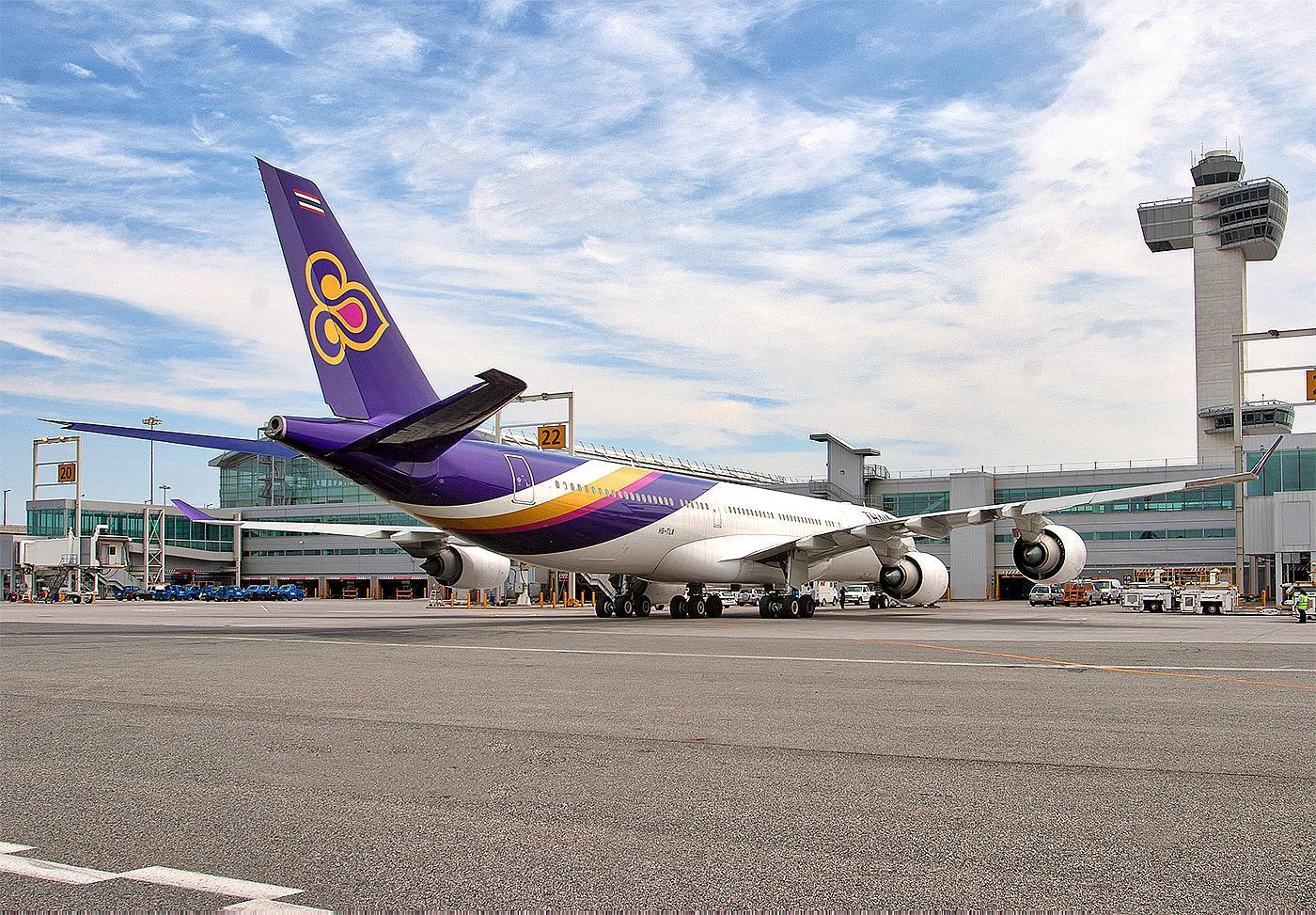
In just a matter of months, the outbreak of COVID-19 has likely reshaped the commercial aviation industry for years to come. As it stands, more than half of the world’s aircraft fleet are grounded.
Some airlines previously enjoying a boom in passenger numbers have now become financially stricken entities seeking fresh capital to boost liquidity. In an aftermarket previously hitting record highs, a string of order cancellations are forecast and financial projections revised.
Aftermarket projects of scale have naturally been impacted, and this includes the continuation of some proposed OEM-MRO joint ventures—partnerships which have been one of the defining characteristics of the commercial aftermarket over the past decade.
Asia-Pacific—for the past decade the boom region for MRO activity—has also not been immune to the virus’ impact. The proposed joint venture between embattled Thai Airways and Airbus to create a maintenance facility at Thailand’s U-Tapao airport is the latest victim of the novel coronavirus pandemic with the OEM pulling its investment in the facility in late April.
Chokchai Panyayong, deputy secretary general for infrastructure of the Eastern Economic Corridor (EEC), the government body overseeing the industrial regeneration of the country’s eastern seaboard, confirmed Airbus had asked not to participate in the investment at a briefing last week.
The proposed partnership, first signed at the 2017 Paris Air Show, would have seen around 11 billion-baht ($335 million) worth of investment at the site in Rayong split between Thai Airways and Airbus in the campus scheduled to open in multiple phases from summer 2022.
Once built, it was expected to have capacity to maintain 80-100 aircraft per year while offering heavy maintenance and painting services, along with a line maintenance offering. However, despite not participating in its investment, Airbus will still collaborate on technology at U-Tapao, with its Skywise predictive analytics platform expected to be rolled out on site.
In March, just as the effects of COVID-19 were beginning to hit, there was speculation that the partnership was in jeopardy after the bidding process was suspended following Airbus’ failure to submit proposals. A new deadline of Apr. 20 was set with the possible scenario of opening the project to new partners should this be missed.
This is now the case and the EEC has reiterated its plan to continue with the project. With construction of the hangar in its infancy, Chokchai told Reuters that it will seek new partners for the project and even speculated Airbus could return to the fold once the novel coronavirus has subsided.
He stressed the necessity of building the site for Thai Airways, despite the carrier being in the process of restructuring. The airline’s maintenance unit has operated at U-Tapao since 1997, where it carries out heavy checks on aircraft types such as the A380 superjumbo.
The project is one of five key pillars of the Thai-government led EEC initiative, which aims to grow the industrial presence of Thailand’s eastern region. Other projects include infrastructure investments in the form of a high-speed rail link between U-Tapao and Bangkok’s Suvarnabhumi and Don Mueang airports, along with an aviation campus also at U-Tapao and two seaport investments in Thailand’s eastern region.





